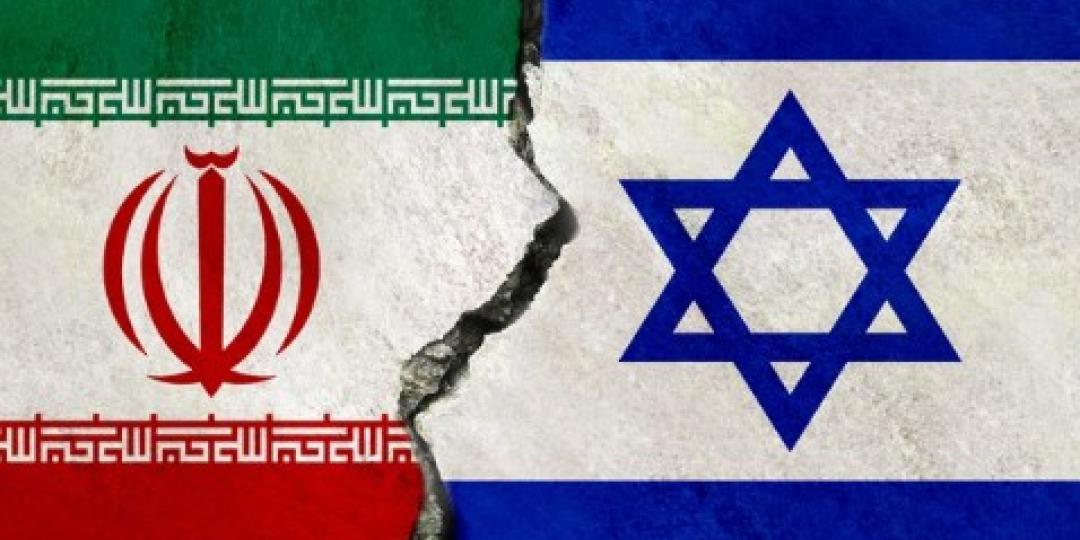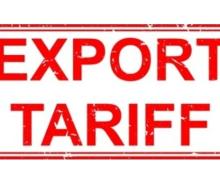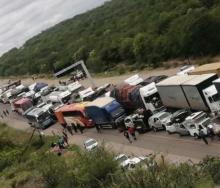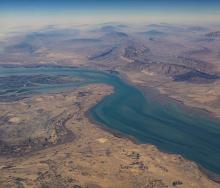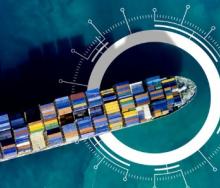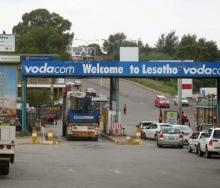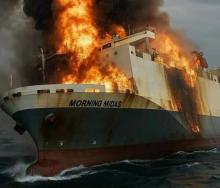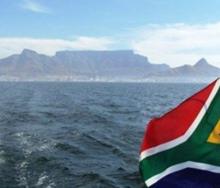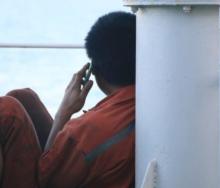International Relations and Cooperation Minister Ronald Lamola has issued a stark warning about escalating global tensions, stressing the critical need for diplomatic intervention and multilateral cooperation.
”We find ourselves in an evolving global disorder that brings with it many perils for the weak and vulnerable,” Lamola said of the geopolitical challenges facing the world.
He highlighted several flashpoints threatening international stability, including the conflicts in Sudan, which he called “not only a crisis but also a moral issue that demands our collective consciousness and humanity”.
This was the message during an address to a high-level session attended by the world’s largest economies and organisations during the third Group of 20 (G20) Sherpa meeting at Sun City Resort, in the North West.
Lamola told delegates that over 12 million people were displaced in Sudan’s humanitarian crisis, with armed conflicts increasing globally.
He stressed the urgent need for global collaboration and fair development, inspired by the country’s historic Freedom Charter, adopted 70 years ago today.
The current global dynamics and state rivalries were fuelling fragmentation, with economic decoupling and proxy conflicts undermining global stability, he added.
“These international competition dynamics are exacerbating fragility in vulnerable regions, while also weakening multilateral institutions that underpin the rules-based international order.”
He told the G20 Sherpas that South Africa had adopted an anti-war stance.
“This is because we know too well that war offers no victors, only victims. Double standards in diplomacy and the paralysis at the United Nations Security Council have crippled conflict resolution, mediation and peace efforts.
“These systemic challenges must be addressed to reclaim a global rationality that builds on stability, peace, certainty and sustainability.”
Lamola said diplomacy was crucial to maintain global stability and tackle economic and technological challenges.
“The current and troubling global economic environment signifies a major trend towards economic nationalism; some states are distancing themselves from the globalised trade framework that has prevailed for many decades and underpinned this rules-based system of non-discrimination and shared values,” he said.
“We must avoid this path, as we all know well that trade is an engine for economic development and improvement in the standards of living across nations."
On the exploitation of critical minerals, Lamola highlighted the deep-rooted economic injustices in this domain.
“While the world runs on our resources, the value does not stay here. The minerals leave raw. The batteries, the solar panels, and the cancer treatments are made elsewhere. We export wealth but import back its transformed value,” Lamola said, pointing out that this is a phenomenon seen across Africa.
He used the platform to call for a transformative approach to resource management, proposing a “critical minerals framework that will rewrite peace and humanity, and revitalise our industrial strategies”.
He believes that the mission of South Africa’s G20 Presidency is clear, and that is to transform these “buried treasures “into local jobs, factories and sovereignty.
“Equally, the value we will create will still empower the world, as we will seek to continuously export and strengthen global commerce, and our role in it. This is not just economics; it is Solidarity, Equality and Sustainability – the theme of our Presidency.”
In addition, Lamola touched on the challenges facing international institutions, noting that “diplomacy and peace mediation and the United Nations Security Council have been crippled”.
With only 17% of Sustainable Development Goals (SDGs) on track, he said multilateral cooperation was not just desirable but essential.
He concluded his talk by reminding the delegates that as global tensions rise, the intergovernmental forum represents a crucial opportunity to reimagine international cooperation and tackle the systemic challenges threatening global stability.
“The G20 can lead in a moment of crisis. The G20 can help address the weaknesses of the multilateral system. The G20 can ensure that our collective humanity is not abandoned.
“Our deliberations can no longer be hollow – our shared prosperity, now more than ever, demands collaboration that pursues solutions that address some of the most pressing global challenges confronting humanity and impacting global growth and development.
“The G20 is a persuasive body that holds great influence in the world,” he said – SAnews.gov.za
